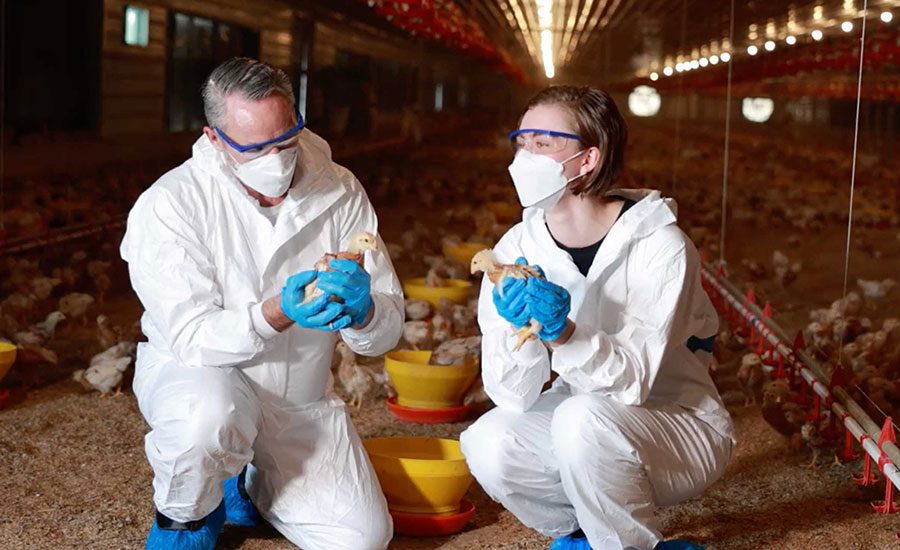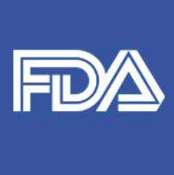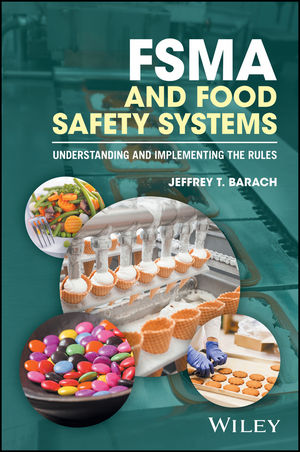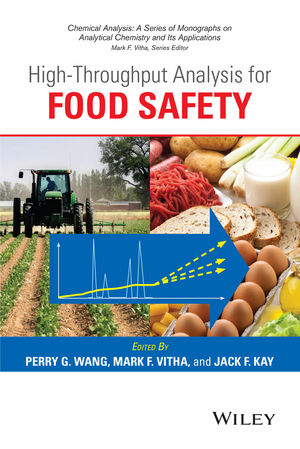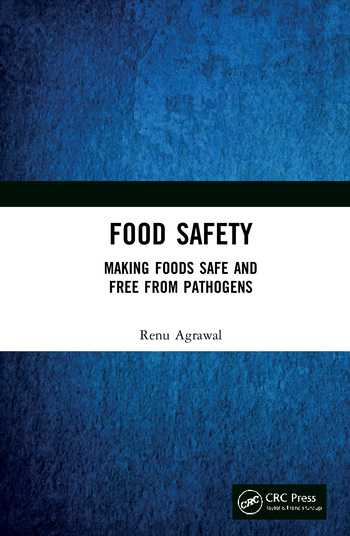Source: United Fresh Produce Association
FDA [the U.S. Food and Drug Administration] will focus on a culture of cooperation, not simply enforcement, to bring companies into compliance with food safety standards, pledged FDA’s Mike Taylor, deputy commissioner for Foods and Veterinary Medicine, on Sept. 10 at United Fresh's Washington Conference. Describing it as a “sea change,” Taylor told conference attendees that focusing on outcomes, rather than gathering evidence of violations, is part of a new operational mandate for advancing food safety at FDA.
“Historically we’ve had a tradition of enforcement at facilities, and it’s important, but the shift we’re undertaking is to understand that the purpose is not enforcement per se, but to get high rates of compliance with the standards,” said Taylor. “We’re really focusing on outcomes. We’re looking at systems and how we can work with the vast majority of operators who want to produce safe food and to get compliance on a voluntary basis, and that’s the outcome that matters. That’s a fundamental reorientation of our approach to our oversight.”
On enforcement, Taylor said FDA has no expectation that it will have the resources to do surveillance monitoring of farms like is done for facilities. Adding, “It doesn’t mean we will never go on farms, but, as a practical matter, it’s not in the cards for us.” Instead, Taylor said FDA will rely on collaboration with state departments of agriculture for farm monitoring.
Taylor told United members that FDA is “very committed to the dual purpose of having the right food safety standards and achieving our food safety purpose” and that the standards should be “workable” and can be implemented successfully across the diversity of the industry.
On FDA’s upcoming supplemental proposal on produce safety, as well as the proposals on preventive controls, Taylor predicted that the industry will see that FDA is making real progress toward achieving workable standards. “We will be addressing the water quality standard, the criteria of the testing regime, in a way that we build flexibility in this standard so that it can accommodate diverse conditions and the diverse way we can get to a safe product,” said Taylor.
Late last year, FDA announced that it would propose revised rule language for key provisions of the Produce Rule, Preventive Controls Rule and Foreign Suppliers Rule. FDA’s action was based on input from United Fresh and others asking for an additional round of proposed rules. The revised rule provisions have yet to be released.
FDA is under court-ordered deadlines for issuing final rules. The new deadlines are:
- Aug. 30, 2015 for preventive controls for human food and preventive controls for animal food;
- Oct. 31, 2015 for produce safety, foreign supplier verification program, and third-party accreditation;
- March 31, 2016 for sanitary transport, and
- May 31, 2016 for intentional adulteration.
“Don’t be expecting an extension of the next comment period,” Taylor told the audience. “I don’t think it’s feasible and we’ve got to stay on the work to get these things done. My boss is potentially held in contempt if we don’t get those rules out, so we’re going to get those rules out.”
Taylor said that FDA is perhaps as much as four years away from actually enforcing any rules, but he said it’s not too early to begin planning how FDA and the industry will be implementing the rules. Added Taylor, “We envision some public meetings on this sometime early next year, and we welcome whatever dialogue we can have with United Fresh about how we can implement these rules.”

